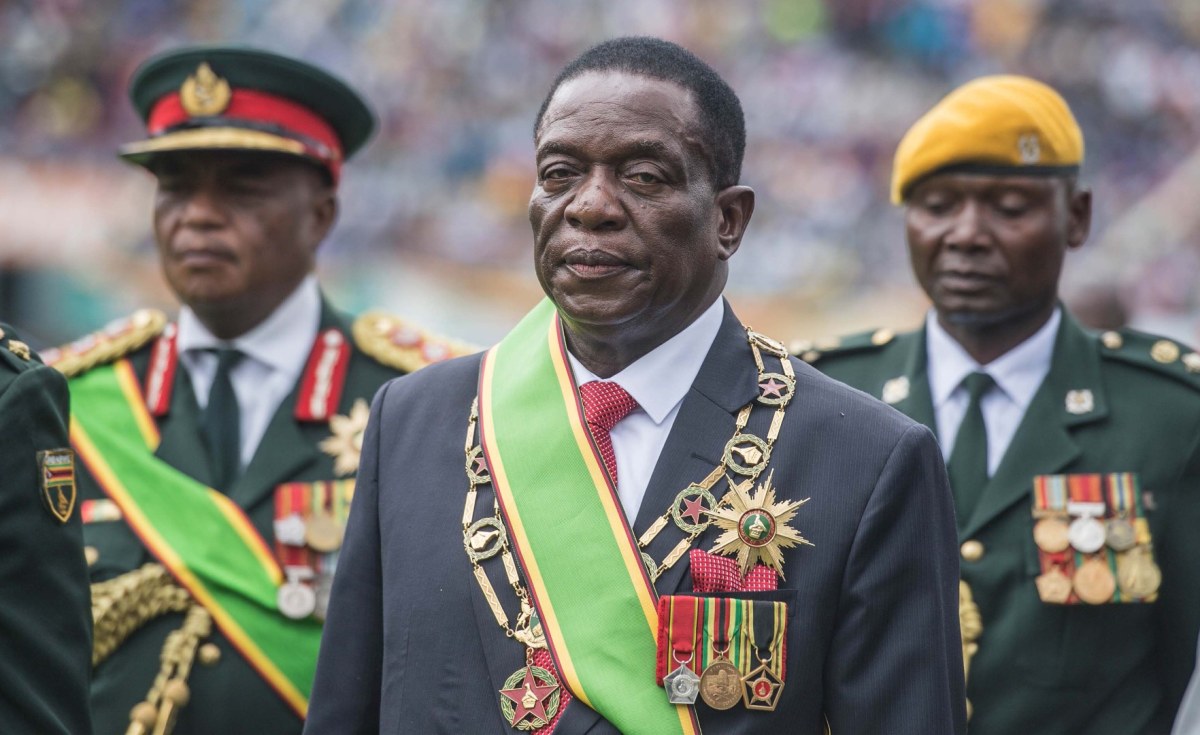
Mugabe is out, and Zimbabwe is embarking on a new journey. The new president promised reform, but his past says otherwise.
On 14th November 2017 members of the Zimbabwean armed forces surrounded the capital, Harare. They were supporters of the recently ousted vice-president, Emmerson Mnangagwa, opposed to the prospect of Grace Mugabe succeeding her husband as leader of the ZANU-PF party. The military intervention was a shock to all, with army chief Constantino Chiwenga only announcing his opposition to Mugabe’s party purges a day before. By November 24th Mnangagwa had replaced Mugabe as President.
There has been searing debate over the legitimacy of the new president, and whether he will bring about a new age for Zimbabwe. The country has been under Mugabe’s premiership for three decades, and in recent years the economy has suffered tremendously. Unemployment sits at 95% and the inflation rate hit 350% in October. This has led to hopes that new leadership may save the people from further agony. Others, such as freed oppositionist Pastor Evan Mawarire, warn that ‘a lot remains to be done’ and that there is a reason Mnangagwa was nicknamed ‘The Crocodile’.
During the first two months of Mnangagwa’s presidency he has, so far, demonstrated a genuine aptitude for change. He has moved to shake up the economy and has declared his hopes for the lifting of economic sanctions on Zimbabwe. He is also attempting to bring new investment from abroad, promising to remove Mugabe’s laws that require investments of over $500,000 to be 51% owned by the local black community. These actions may signify the beginning of an economic reform package that could bring the country back from the brink.
Further, Mnangagwa has even hinted at bringing forward the July 2018 elections, demonstrating good faith towards the Zimbabwean public. This runs parallel to the country’s police chief publicly apologising for the service’s past corruption and violence, and the releasing of some political prisoners. Perhaps, then, Zimbabwe’s Crocodile is turning over a new leaf, and leading the country to a brighter future?
Well, maybe not. A leopard never changes its spots, so can a crocodile be expected to replace its scales? As Minister of State Security, Mnangagwa led the armed forces that enacted the Gukurahundi massacres, where 20,000 civilians were killed in the 1980s. He has also faced accusations of organising attacks on political opposition members and profiting from looting diamonds in the Democratic Republic of Congo. Is this the man to lead Zimbabwe into a new era of freedom and hope?
Unfortunately for Zimbabweans, probably not. Despite his hints at an early election, we must recall that Zimbabwe has held elections for decades, and they have been wrought with corruption. There is little evidence to suggest this won’t continue. Mnangagwa also owes his power to the army, and he has placed various military officers in positions of power – including naming the coup leader, Chiwenga, as vice-president. Zimbabwe is, therefore, at risk of becoming a de facto military dictatorship, a scenario hardly better than the 30-year status quo the country has just left behind.
Emmerson Mnangagwa has given hope to Zimbabwe, enacting economic reform and promising elections, while the corrupt police force has apologised and reorganised. However, Zimbabwe must rein in its optimism: The Crocodile has a chequered past, and only he knows what the future will look like.



Average Rating